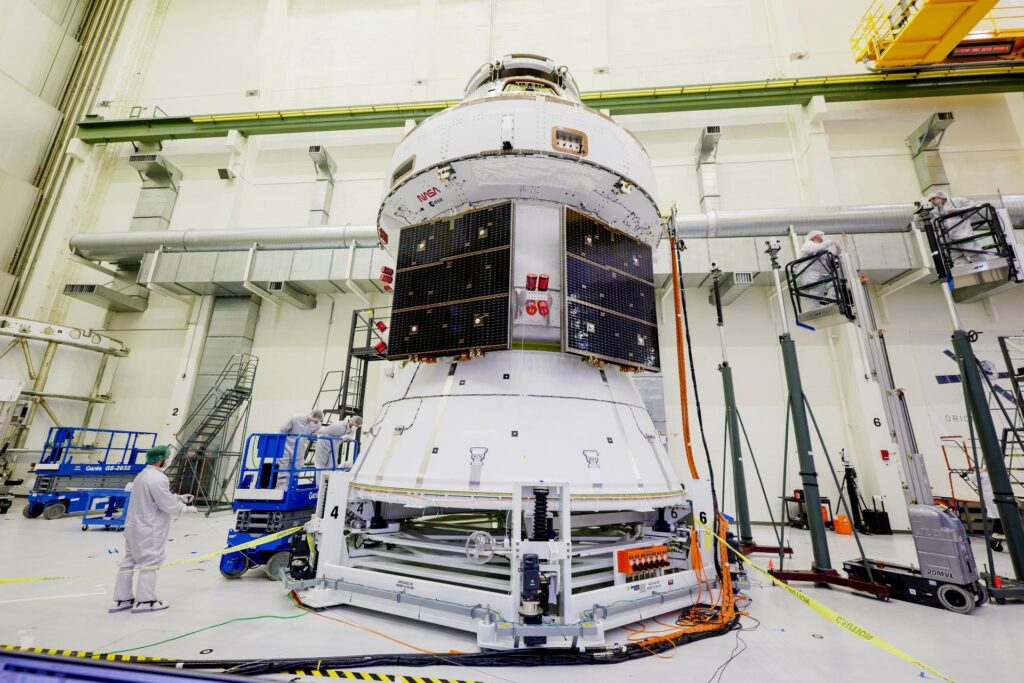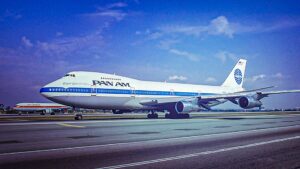
An agreement between Lockheed Martin and BioAstra marks a significant milestone in the company’s plans to offer the Orion spacecraft as a commercial service. Announced at the International Astronautical Congress in Sydney on September 30, 2023, this partnership aims to study the feasibility of a private astronaut mission using Orion to conduct biomedical research beyond Earth orbit.
The proposed Twin Astra mission is inspired by NASA’s memorable Twins Study, where astronaut Scott Kelly spent approximately one year aboard the International Space Station. Researchers compared his physiological and molecular changes in space to those of his identical twin, Mark Kelly, who remained on Earth. According to Savi Glowe, CEO of BioAstra, this upcoming mission represents a unique opportunity to deepen our understanding of human adaptation to space.
“This is the best natural experiment that biology gives us to use identical twins to understand what is truly happening to humans in space,” Glowe stated during the announcement. The concept remains in its early stages, and BioAstra plans to seek financial backing from private investors and other organizations interested in licensing the research outcomes. Currently, no timeline has been established for the mission.
For Lockheed Martin, this collaboration is a chance to explore the operational requirements necessary to fly an Orion mission for a private entity. Bob Behnken, Vice President for Exploration Product and Technology Strategy at Lockheed Martin Space, highlighted the significance of this agreement by stating, “If we’re going to execute a private astronaut mission or a commercial mission, this mission description gives us an opportunity to explore what needs to change on the pathway to commercialization for an Orion mission.”
In July, Lockheed Martin revealed its intent to explore offering Orion as a commercial service, a strategic shift prompted by evolving policies at NASA. Traditionally, Lockheed has produced Orion spacecraft for NASA under standard contracts. In a subsequent interview, Tony Byers, Director of Strategy and Business Development at Lockheed Martin Space, elaborated on the potential transition to a service model for Orion.
The current contracts for Orion development include cost-plus agreements for the upcoming Artemis 2 mission, transitioning to cost-plus-incentive-fee and eventually fixed-price contracts for later missions. Byers indicated that NASA is expected to utilize the existing contract model through Artemis 5, with a potential shift to a service model around the timeframe of Artemis 6. He noted, “Between now and then, we’re starting discussions on what incremental steps could we take.”
These steps could involve transitioning some responsibilities currently managed by NASA, including spacecraft servicing and capsule recovery post-flight. Byers emphasized that this transition could occur gradually, depending on NASA’s willingness to delegate some of its existing roles to Lockheed Martin.
Lockheed’s plans also involve discussions with the European Space Agency (ESA) and Airbus Defence and Space regarding the Orion service module, which ESA provides under a barter agreement with NASA. Byers mentioned that potential technical modifications to the service module could be necessary to facilitate longer missions, aligning with the objectives of the BioAstra concept.
The company is also investigating alternatives to the Space Launch System for launching Orion. This could entail a dual-launch strategy, where one rocket carries Orion while another transports a transfer stage that would dock in low Earth orbit before proceeding to the Moon or other deep space destinations.
Despite these shifts, Byers affirmed that NASA is likely to remain the primary customer for Orion even as Lockheed Martin moves toward a service-oriented model. New customers may emerge, including international partners wishing to send their astronauts to the Moon and private missions like BioAstra’s proposal. Byers concluded with optimism about the future, stating, “We do believe eventually that there will be a lunar and deep space economy. The question is, how long will it take to evolve, and what can we do under a service model to enable that to happen faster?”







